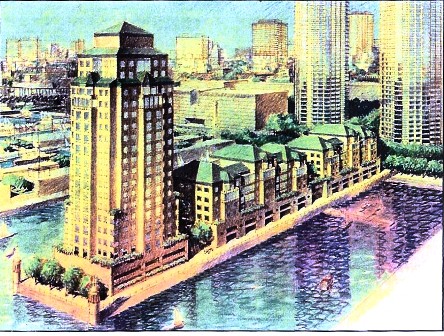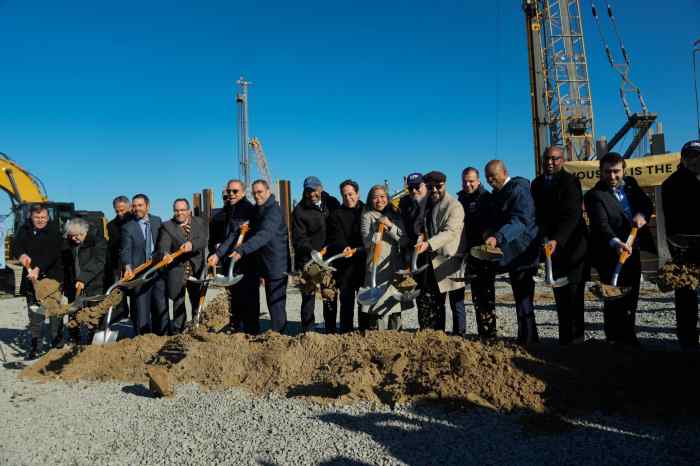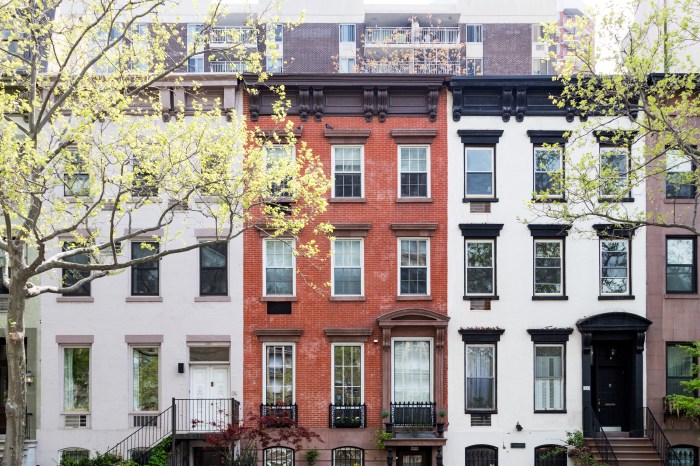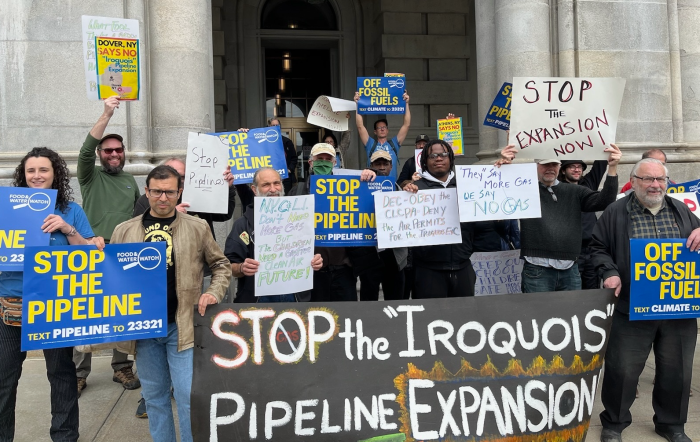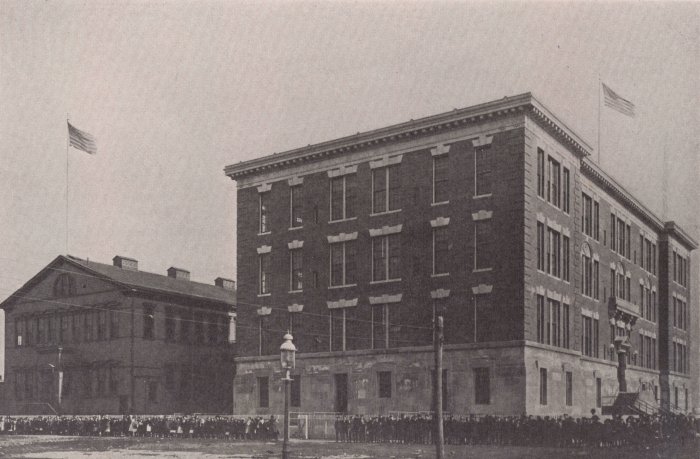BY BEN GREEN AND LESLIE LOWE | Fifteen years ago, New Yorkers were told that the New York City Parks Department was incapable of building and maintaining a large waterfront park, and that a public authority (like the M.T.A. and the Port Authority) was needed as the governing entity for the Hudson River Park.
In the 14 years since the Hudson River Park Trust, a public authority, has had control of our waterfront, it has consistently favored profits over parkland. Nevertheless, the Trust now claims it does not have the financial resources to maintain and finish the waterfront park. During these same 14 years, city parks have flourished under the Parks Department and today look better than they have in over 50 years.
In its latest gambit to raise revenue, the Trust proposes building residential housing on Pier 40, at West Houston St. To do so, it would have to change the Hudson River Park Act, the law that governs the 5-mile-long park. Housing was not included in the act, for good reasons. The neighborhoods of Lower Manhattan ranked third in the state among communities with the least open space. The public unanimously decried the inclusion of housing as a park use. That the Trust seeks to revive this repudiated idea is indicative, at the very least, of misguided and myopic decision-making.
Building housing on Pier 40, or on any Hudson River pier, is environmentally and financially reckless. The city’s own studies have found that rising sea levels due to climate change will place infrastructure in low-lying areas at risk of flooding during storm surges. Our waterfront parkland is threatened by flooding, but its financial burden would be dwarfed compared to residential development on river piers. The cost of maintaining and insuring housing built over the water will be exorbitant. Any private developer will be certain to seek public subsidies, hidden through public authority bookkeeping, to make money on the deal.
The Trust now sees its salvation in further reducing open space in exchange for illusory profits from housing development that ignores environmental realities.
If the Hudson River Park Act is to be revisited, then perhaps the idea of handing public parkland over to an unaccountable authority should be reconsidered, as well. With this “climate ridiculous” proposal, Trust management shows it is not equal to the task of running a great 21st-century park.
Green and Lowe were founding members of the Federation to Preserve the Greenwich Village Waterfront and Great Port



